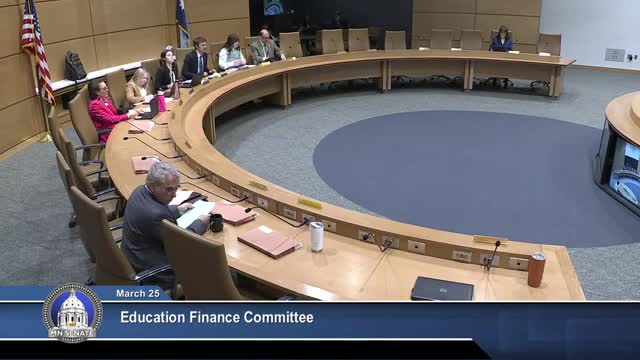Article not found
This article is no longer available. But don't worry—we've gathered other articles that discuss the same topic.
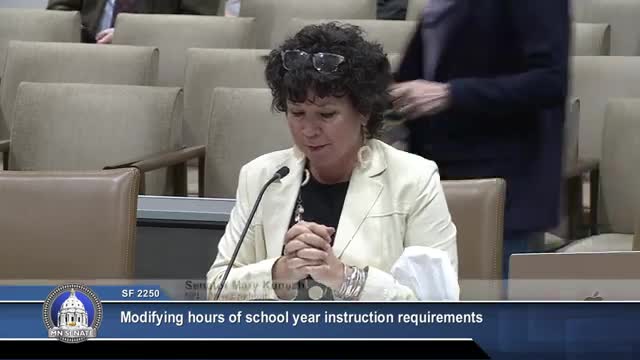
Senate panel lays over bill that defines "hours of instruction" to expand flexible, student-centered learning (Senate File 2250)
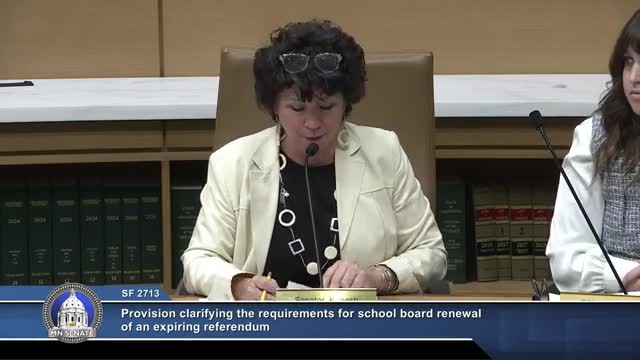
Senate file to align referendum reauthorization dates for consolidated districts laid over
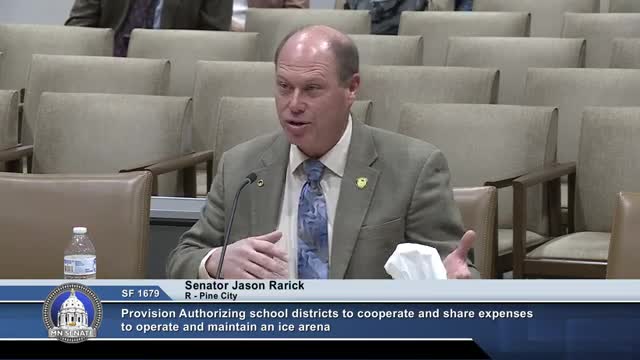
Bill would let cooperative districts share levy for ice arenas; committee lays it over
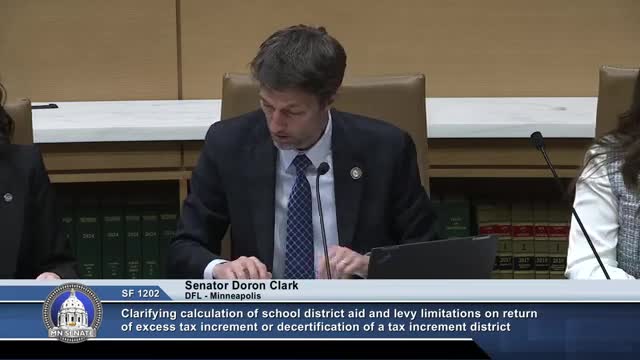
Committee lays over technical fix changing references to LTFM in school aid law (Senate File 1202)
